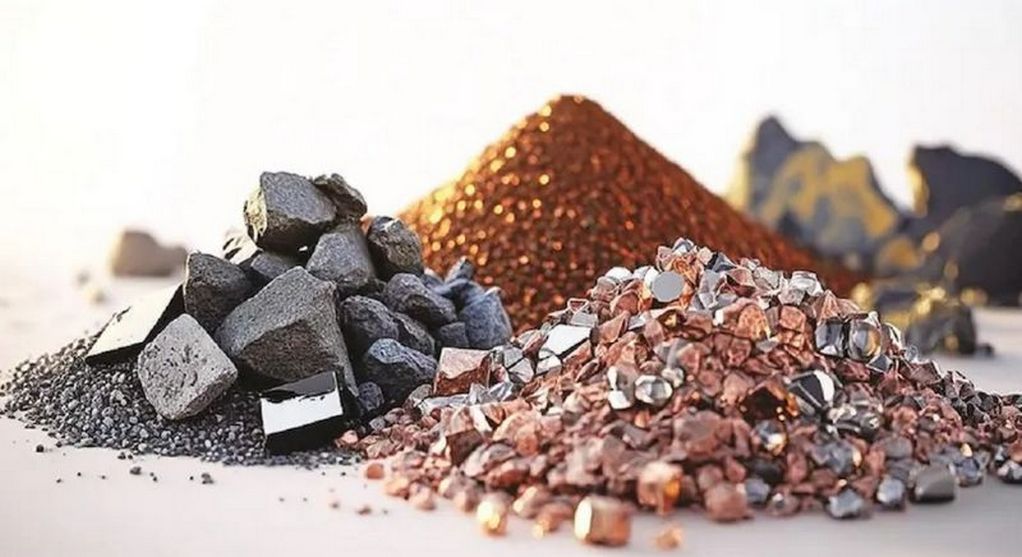Union Minister of Coal, Mines and Parliamentary Affairs Pralhad Joshi unveiled India’s first-ever report on critical minerals, prepared by an expert team constituted by the Ministry of Mines.
The Indian government has identified 30 critical minerals including lithium, cobalt and copper, stating that the listed minerals are essential for the country’s economic development and national security.
The 30 minerals listed by the government include Antimony, Beryllium, Bismuth, Cobalt, Copper, Gallium, Germanium, Graphite, Hafnium, Indium, Lithium, Molybdenum, Niobium, Nickel, PGE, Phosphorous, Potash, REE, Rhenium, Silicon, Strontium, Tantalum, Tellurium, Tin, Titanium, Tungsten, Vanadium, Zirconium, Selenium and Cadmium.
The critical minerals are also vital to power the global transition to a low carbon emissions economy, and the renewable energy technologies that will be required to meet the ‘Net Zero’ commitments of an increasing number of countries around the world.
Coal Minister Joshi said that at present Geological Survey of India (GSI) is more focussed on exploration of critical and deep-seated minerals to provide further fillip to the growth of the country’s mining sector.
The government said the compiled list of critical minerals is designed to identify and prioritise minerals that are essential for various industrial sectors.
Tags: Copper, India, Lithium, Minerals



Recent Posts
Scandlines Nears Delivery of Zero Emissions Ferry Following Successful Sea Trials
India faces emission roadblocks with rising net-zero demands
Green Energy Resources invests in two electric Liebherr LHM 550
NYK Launches Continuous Use of Bio LNG Fuel on Car Carriers to Advance Decarbonization Goals
Yang Ming Expands Fleet with Methanol and LNG Dual-Fuel Vessels Under Fleet Optimization Plan
ClassNK Advocates Speed Gap Monitoring to Optimize Fuel Efficiency in Heavy Weather
Wärtsilä’s retrofit package for the Corsica Linea ferry Pascal Paoli has resulted in fuel savings of up to 22 percent Corsica Linea
COSCO Shipping Names Second Methanol Dual-Fuel Containership in Yangzhou